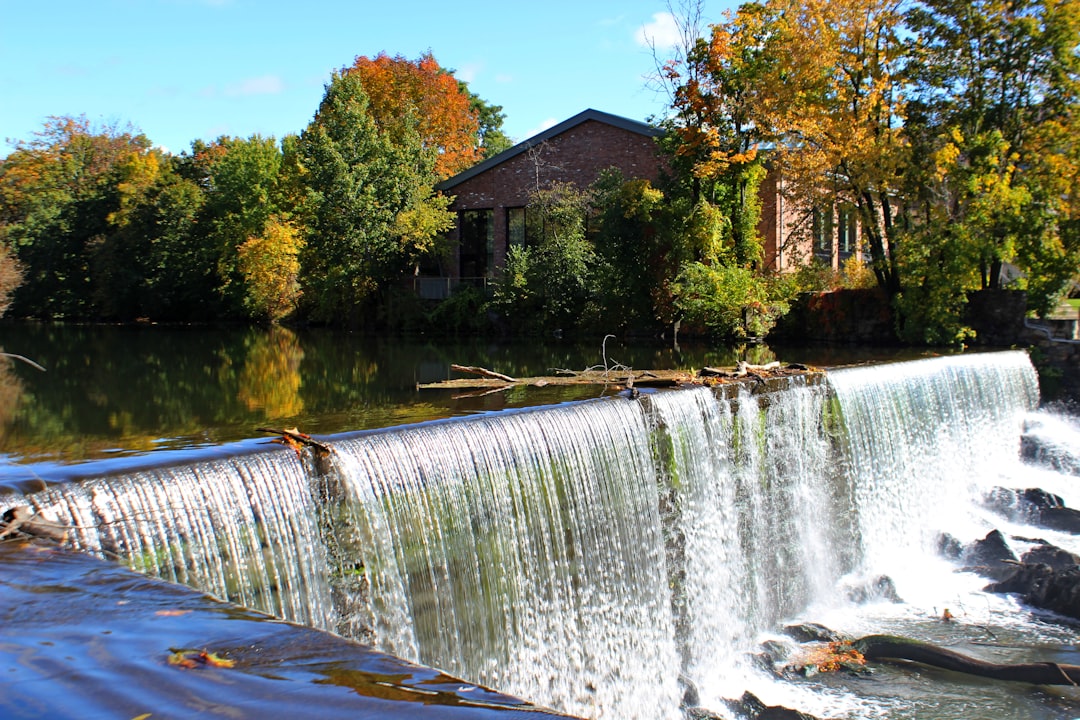Highlands Current: Wide Angle
Recent columns I've written for the local paper.

I’ve been writing a column for the Highlands Current called Wide Angle, where I explore how global trends are impacting the Highlands area.
This week my most recent column — The High Cost of Free Parking — was published. In that, I propose paid parking on Beacon’s Main Street, falling in line with plans in Coldspring:
If we are to balance the needs of local residents and visitors, free parking on Main Street satisfies no one’s desires. Why? Because it produces the wrong results. A survey conducted by Beacon’s Main Street Access Committee last Oct. 15, on a sunny 60-degree Saturday, demonstrates the high demand for parking along the city’s commercial artery.
I am advocating instituting paid parking on Main Street, with careful attention to the needs of residents.
…
In May, I wrote The Trouble With Toilets, detailing the lack of public access to toilets:
When I was serving as chair of the City of Beacon’s Main Street Access Committee, one of the longest discussions we had — after issues related to pedestrian safety, parking and dangerous intersections — was the problem of public toilets.
We heard complaints from homeowners that visitors used their backyards and public spaces to pee. We’d also heard from Main Street businesses about visitors demanding to use employee restrooms, despite posted policies.
[…]
The problems are not limited to Beacon. Take a walk down any Main Street USA and you will likely see “No Public Restroom” or “Restrooms for Customers Only” signs in many storefronts. Aside from being inhospitable, the policies behind these signs, at least in New York state, appear to be illegal.
The New York State Plumbing Code, Section 403.3, appears to my reading fairly clear about access to restrooms in buildings open to the public, such as stores and restaurants. It reads:
“Customers, patrons and visitors shall be provided with public toilet facilities in structures and tenant spaces intended for public utilization.”
You might think that a regulation like that would keep merchants from putting signs in the window. But it does not, in large part because the state cedes regulation to municipalities.
In Beacon and Cold Spring, clearly, the interpretation has been that non-customers can be shut out.
The solution is that the City should compel merchants to follow the letter of the law, after some reasonable warning period.
…
There are earlier columns related to repurposing local decommissioned prisons and a three-part series on the housing crisis.

